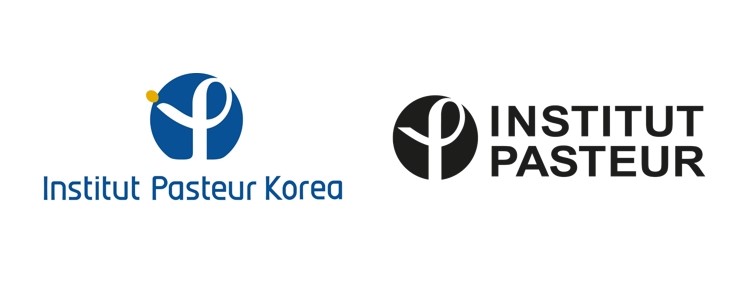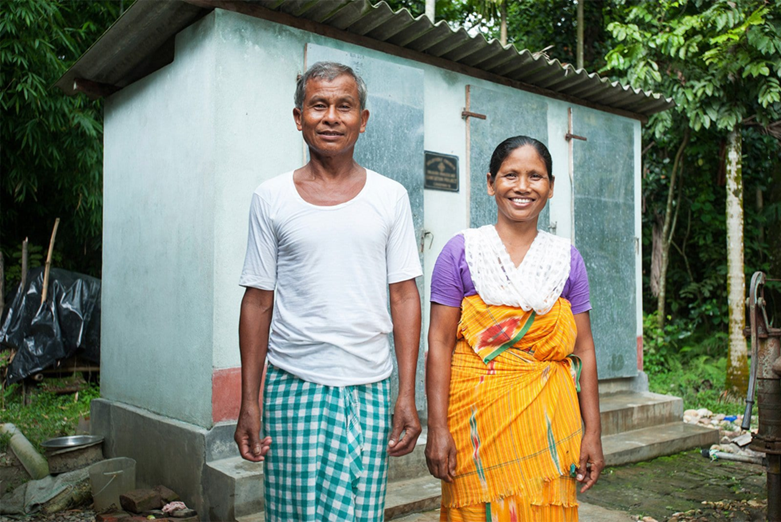Institut Pasteur Korea (IPK) and the Institut Pasteur (Paris) signed an agreement for the creation of a Pasteur Joint International Research Unit (PIU) titled: “Artificial intelligence for image-based drug discovery & development” (Ai3D).
LOS ANGELES, CA, June 25, 2021 /24-7PressRelease/ — Pangyo Bio / A PIU is a “virtual unit” designed to pair a Pasteur unit with at least one international research team with complementary competencies and expertise to elaborate research programs on shared topics of interest and mobilize national and international funding to implement their shared research projects. Built around scientific projects selected for their quality, these research units facilitate scientific interactions and mobility, particularly for young researchers, and give greater visibility to the research teams involved. Since 2016, nine PIU have been created in collaboration with members of the Institut Pasteur International Network. The Ai3D PIU is one of the last three PIU to have been created following the call for PIU applications between the Institut Pasteur and the Network.
The PIU-Ai3D envisages combining the resources of IPK in image-based screening and of the Institut Pasteur in computational biology toward establishing research for next-generation drug discovery tools.
The PIU-Ai3D will develop an innovative deep-learning technique utilizing the automated high-throughput screening assay and phenotypic analysis. Taking multiplexed approaches, the re-search team will use the image data generated from screening in conjunction with chemi-cal/structural-biology, bio-activity, transcriptomic, interactome, and metabolomics data to opti-mize screening.
This approach, termed “molecular phenotyping,” will empower lead-optimization, and mecha-nism-of-action studies and also open new possibilities for enhanced screening of natural ex-tracts. The initiative is expected to yield new tools and strategies for drug discovery in infectious disease and will especially target questions related to anti-microbial resistance (AMR).
The co-leaders of the PIU-Ai3D, Dr. Spencer SHORTE, CSO of IPK, and Dr. Christophe ZIM-MER, Head of the Institut Pasteur Imaging and Modeling Unit part of the UMR CNRS 3691, agreed: “AMR paradigms are of major interest because of the common value to the whole Insti-tut Pasteur International Network (IPIN), and we hope the tools developed through this collabo-ration will eventually benefit the IPIN and the global scientific communities as a resource open to all.”
“Established on the scientific cooperation between Korea and France, IPK has facilitated vari-ous research opportunities with the Institut Pasteur and the IPIN. Working hand-in-hand with the scientists in Korea and the IPIN, we will converge domestic and international expertise and further advance IPK’s cutting-edge screening technology for accelerated development of new and effective therapeutics to treat infectious diseases threatening domestic and global public health,” said IPK CEO Dr. Youngmee JEE.
Institut Pasteur Korea (IPK) is based in Pangyo. Pangyo Technovalley is an innovation hub for global companies comparable to the Silicon Valley in the US, Zhongguancun in China, and STATION F in France. It is an Asia tech hub with 1,259 IT, BT, CT, and NT companies that possess innovative products and technologies. Located just south of the metropolitan area, it provides the best environment for Korean companies to do business with great transportation access and infrastructure.
Various high-tech companies are located in Pangyo Technovalley, and it is occupied by 64,000 full-time employees, many in their 20-30s. In terms of industry, the companies are engaged in information technology, contents technology, biotechnology, and nanotechnology.
Institut Pasteur Korea (IPK) is a non-profit research institute established in 2004 based on the scientific collaboration of Korea and France with a focus on infectious diseases. IPK strives to addresses unmet global health issues by utilizing the core research capabilities, including cell-based screening platforms, to understand disease mechanisms and accelerate drug discovery. Facilitating translational research that bridges excellent basic research and the pharmaceutical industry of Korea and the world, IPK reinforces Korea’s R&D resources and contributes to global infectious disease preparedness and response. As an integral member of the Institut Pasteur International Network (IPIN), IPK plays a key role in driving early drug discovery within the network.
www.ip-korea.org
—
For the original version of this press release, please visit 24-7PressRelease.com here




![[Pangyo Technovalley, Innovation Hub in Asia] Bio-health, the Industry with High Future Growth Potential and Employment Effect Pangyo is the Cluster of Companies](https://www.24-7pressrelease.com/attachments/047/press_release_distribution_0475931_156427.jpg)
